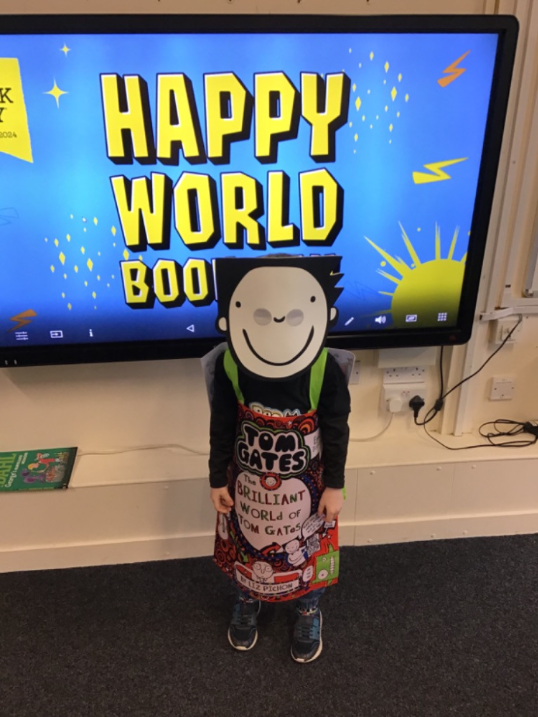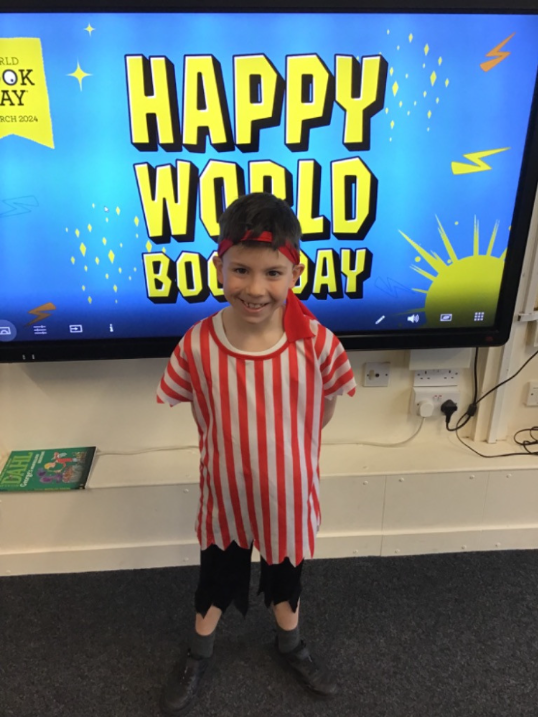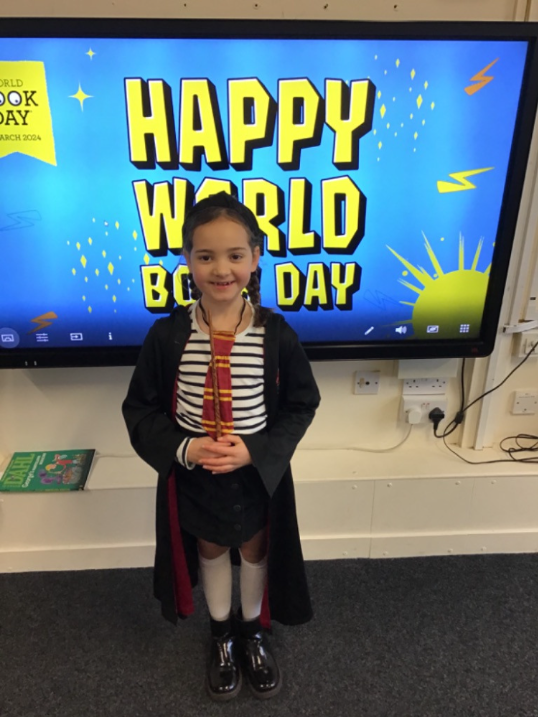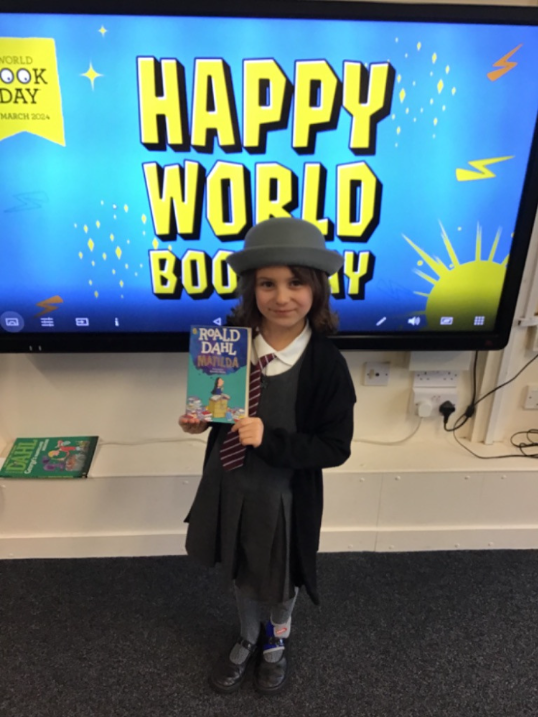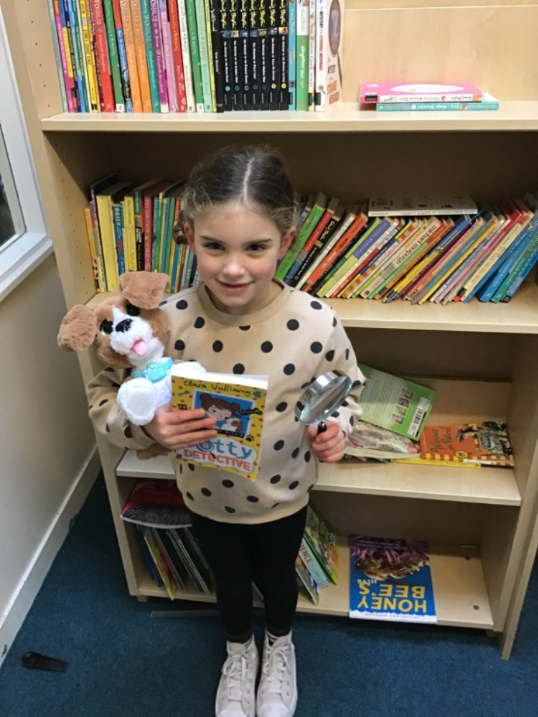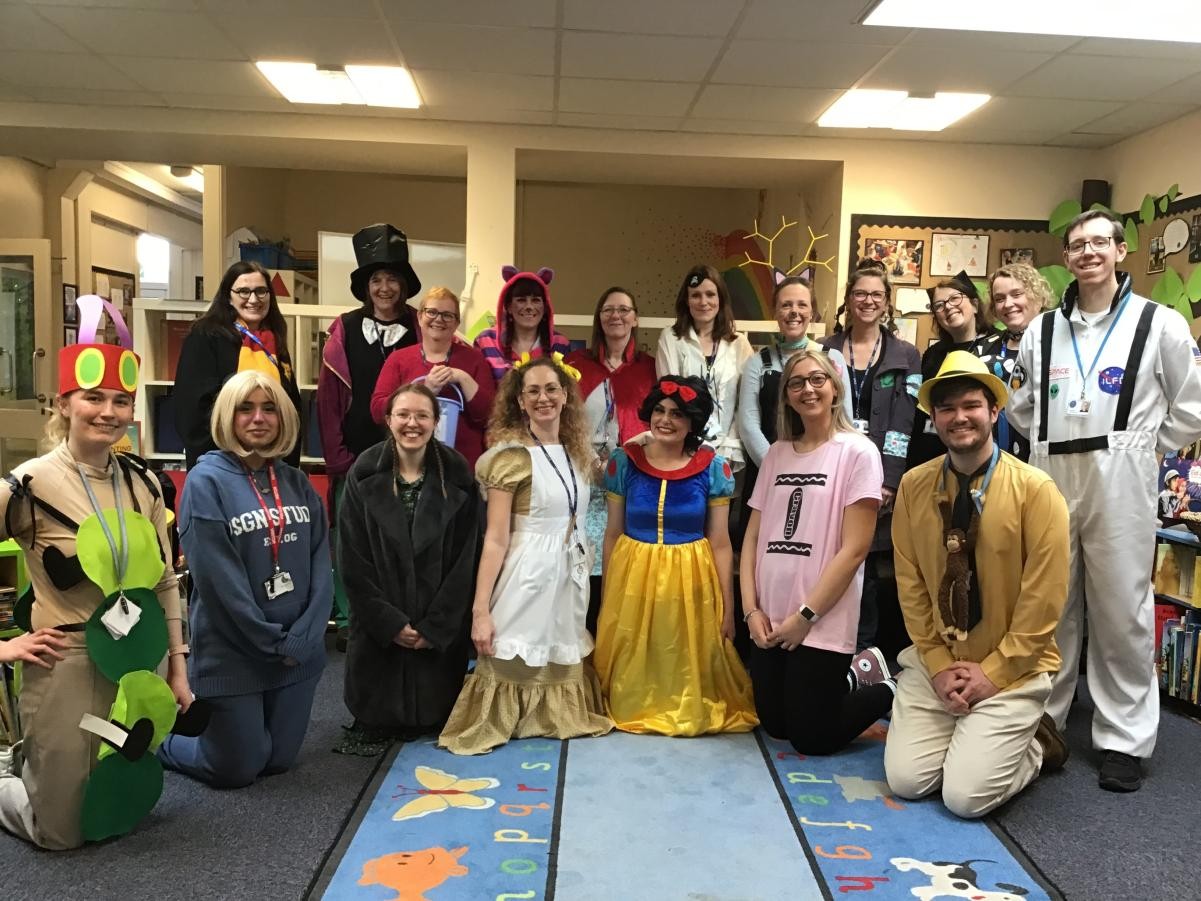This website uses Google Translate
You cannot use this feature without first accepting 3rd Party Cookies.
This website uses Google Translate
You cannot use this feature without first accepting 3rd Party Cookies.
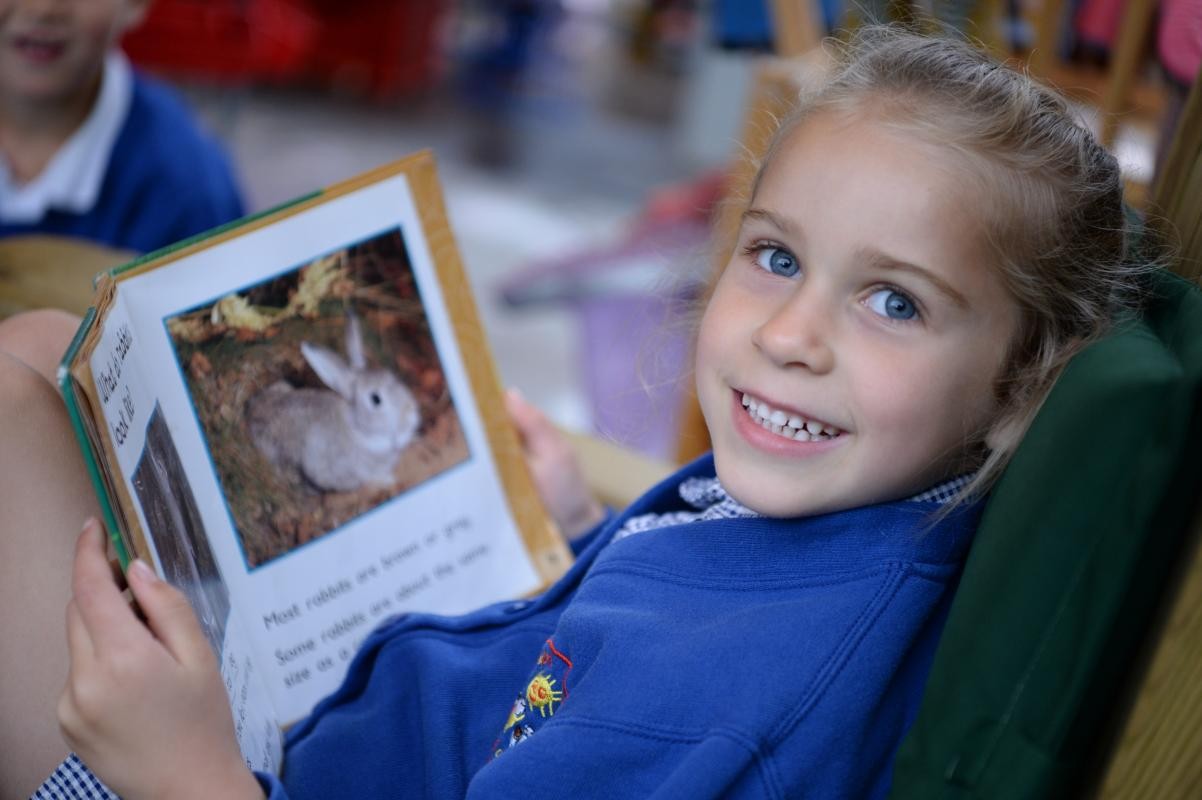
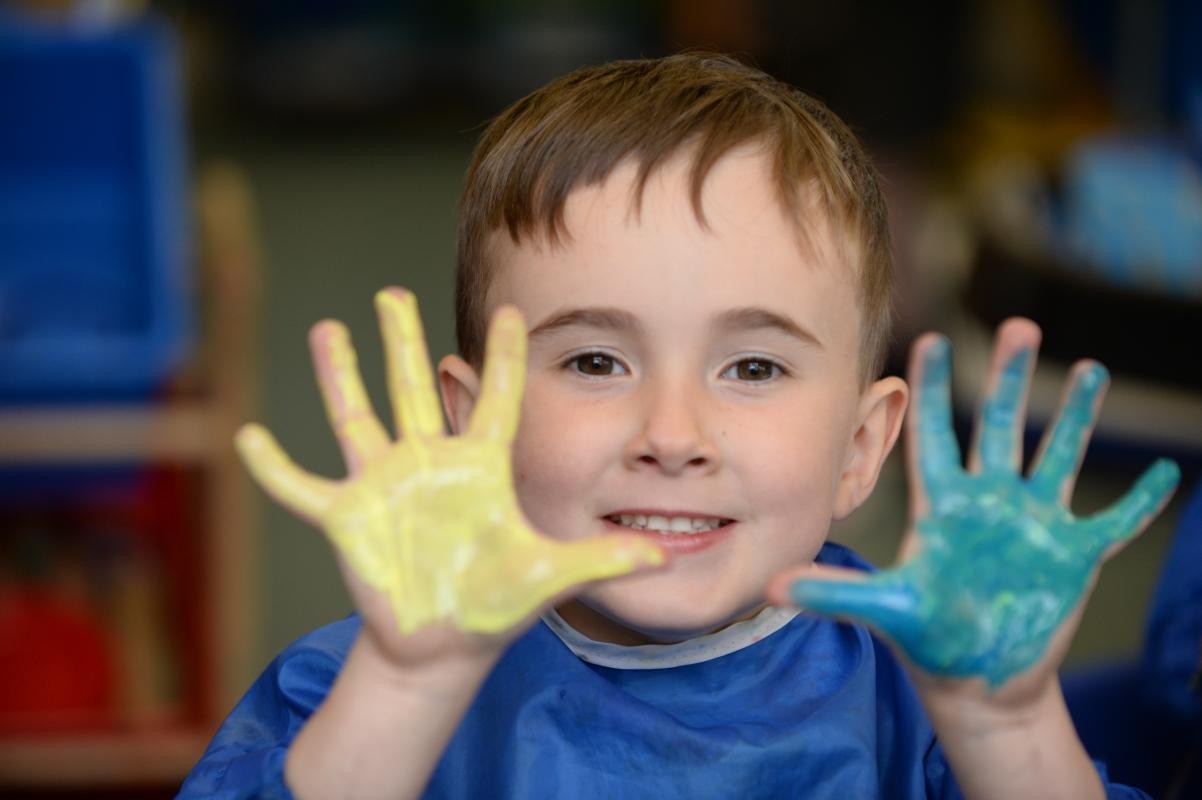
You cannot use this feature without first accepting 3rd Party Cookies.
You cannot use this feature without first accepting 3rd Party Cookies.

Our children learn synthetic phonics through the Twinkl Phonics program which is based on Letters and Sounds. This provides a consistent and systematic approach through a coherently planned sequence of engaging lessons. As children progress, their reading books are matched to their phonics level. Children develop their reading skills and reading comprehension through individual, group and whole class reading. They regularly have the opportunity to read for pleasure as reading for pleasure has been found to be a powerful factor in children’s cognitive development.
By the end of Key Stage One, children will learn to be effective writers by writing for a range of purposes, responding to exciting experiences that inspire and challenge them. In KS1 children have discrete SPAG (spelling, punctuation, and grammar) lessons each week, this learning is then applied in the children’s writing tasks.
In Reception children develop their gross and small motor skills through active and outdoor learning. They learn how to hold a pencil correctly and how to form letters correctly in line with the graphemes they are learning in their phonics lessons.
Throughout Key Stage One children’s handwriting progresses from print to cursive. At Telford Infant School we follow the Twinkl handwriting program. We believe that good presentation skills are important as we want children to be proud of and to value their own work.
How your child will make progress in English during their time at Telford Infant School?
Learning throughout the school in all areas of the curriculum is incremental, with the whole class taught together. Where needed, pupils are given targeted phonics, speaking and listening, reading, spelling or handwriting interventions and ‘reactive teach’ sessions, to ensure that they are ready to continue with the learning sequence. For a very small number of pupils who require an individualised curriculum, teachers will adapt and plan the curriculum to meet the specific needs of learners.
We are a Twinkl Phonics school and use Rhino Readers Twinkl phonics books for our taught reading sessions in all year groups, progressing to no scheme books in year 2 when children are more confident readers.
********************************************************************************************************************
Reading at Home
At Telford Infant School we have launched a 100 Book Challenge. Click on the link to find out more.
Reading at home every day makes a huge difference. Here are some ideas for helping your child with reading.
Writing at Home
Early skills
Beginner writers
Confident writers
For all children – make writing fun!
*******************************************************************************************************************
